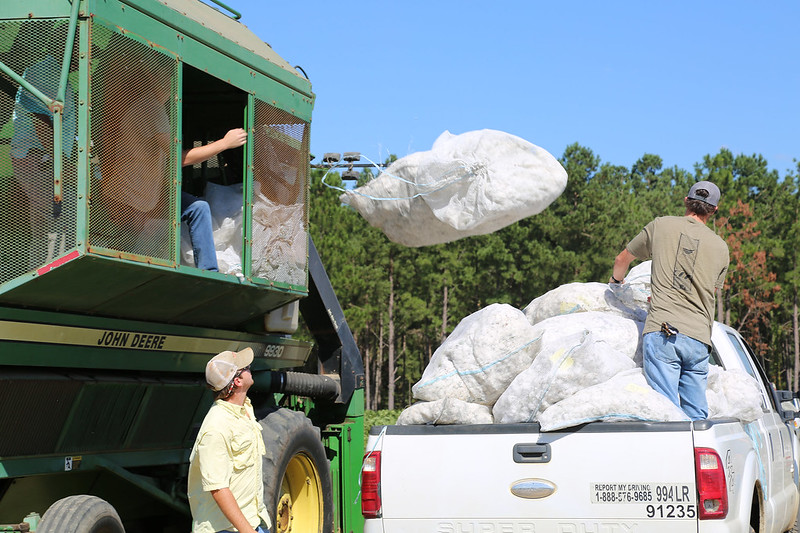With fall weather just beginning, you may not be worried about cold weather problems yet. The child in all of us gets excited at the thought of snow, but we quickly lose that excitement when our water pipes freeze.
One of the big mistakes I made several years ago was to allow an outdoor faucet to freeze. This faucet was supposedly “freeze proof.” Most freeze proof faucets work because the shut off valve is recessed in the shaft that runs through the wall of your home. This way when you shut off the faucet there is no water in the portion of the pipe that is exposed to the weather.
Disconnect outdoor water hoses
My pipe froze because I left a water hose connected to the faucet, which held water in that vulnerable area. Fortunately, we were home when the frozen faucet thawed and began to spew water.
Faucets that are not freeze proof need to be covered or insulated to protect them from sub-freezing temperatures. Be sure that freeze proof faucets are drained dry once the valve is shut off. Any trapped water in an exposed faucet spells trouble, even if the faucet is labeled as freeze proof.
If your water is supplied by a well, take precautions to keep the pump and tank from freezing. The tank and pump should be covered. In cases of prolonged cold weather, place a light bulb in the pump house. Assuming that all the holes and cracks in the pump house are sealed, the warmth from the light will usually prevent freezing.
Seal holes and cracks in older homes
Homes that were constructed fairly recently are usually insulated enough to prevent water pipes from freezing. In older homes, seal holes and cracks in the foundation with caulk or insulation. Consider letting a faucet or two drip if the pipes will be exposed to below freezing temperatures for more than a few hours.
Don’t forget livestock and pet water sources. If they drink out of a container, it will also freeze when temperatures are below freezing for just a few hours. Electric and solar water-heating devices are available to prevent your pet’s water from freezing. Most people don’t see the need for these tools until Rover’s water bowl turns into an ice tray. If you find yourself in that situation, provide fresh water to your animals a couple of times per day.







